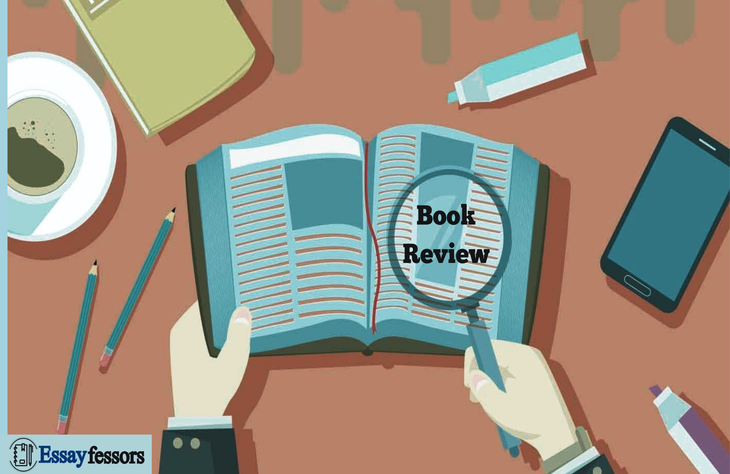How To Write A Book Review
Sep 12, 2021

Whether you’re a novice blogger, a college student, or an avid Goodreads reader, writing a book review is an essential skill. Other readers or individuals planning to read a book may be interested in your opinion about the book. A review allows you to share your perspective about the book.
Have you been asked to write a book review, and you don't know where to begin from, or you're feeling stuck? We're here to offer a helping hand! If you want a book review, we have a special offer (50% discount) for the first 2 book review essays you order from us.
Claim Discount
Start with a Brief Summary of What The Book Is About
A summary is a great way to introduce your review because of various reasons. For instance, it gives the reader insights into the context of the book, including the author's name. However, avoid revealing plot twists summary of plot twists. Keep the summary brief and mention if the book is part of the series and what you think about other books and if you've read them.
What Did You Like About The Book?
This part will form your body paragraphs. Write your review here. Remember, a review is different from a book summary or synopsis. A synopsis only explains the plot of the book without giving personal sentiments about the book. A review allows you to focus on feelings and thoughts about the story and how the author narrated it. Here are some lead questions you’ll answer in this part;
- Who is your favorite character in the book, and why?
- Did the character and the overall story feel real or surreal to you?
- Was the story packed with suspense, or did you keep guessing?
- Is there a part that you liked most in the book?
- Did the book make you emotional? For example, did you shed tears sympathizing with a situation, or did you laugh and felt delighted?
- Did the author develop some scenes better than others?
- Did the story's grip make you read it on one seating?
Develop these questions into ideas as you write your review. Picture someone reading your review and liking the book before even getting to read it.
Did You Dislike Anything About The Book?
It's almost impossible to have a perfect book. Even masterpiece literary works such as the Shakespearean plays had their shortcomings. A good review should highlight a few weaknesses that the reader noted about the text. For example;
- Did you feel that the author give some prominent characters less space to grow?
- Do you feel the author omitted some aspects, such as events that could have made the story more meaningful?
- Did you find the protagonist less appealing to deserve the main character's status, and you couldn't work out why?
- Did the plot lack logical flow, or the author presented several aspects making the plot complex?
- How did the story hit you? Was it too scary, or did the author focus on less significant themes giving you're a feeling that some prominent pieces were left unexplored?
- Did the story had a flat ending, or it ended in suspense, and did the ending frustrate you?
- Did you like what happened to the villain?
- Did the author mistakenly or deliberately develop a villain who has a great connection with the audience?
Include Direct Quotes from The Text
It's advisable to include direct quotes from the text when writing a review. However, cite the page number in the in-text citation to acknowledge the page you extracted the quote from for credibility. Quotes serve as examples for your explanations. For example, if your review says that a character has a good sense of humor, pick a direct quote from the text to support this point in your review. However, avoid using long quotes that will add junk to your book review.
Write A conclusion
Use the conclusion to share your final thoughts about the book, including summarizing the main points in your review. Your final word should include your thoughts about the best audience to read the book and why. Feel free also to give the book a scorecard.
Sample Book Review Paragraph- Othello by William Shakespeare
There is a significant contradiction in the plot of Othello that makes the audience unsettled. Iago, who is Othello's (the tragic hero) villain, stands out as one character that the audience has a powerful connection with within the play. The powerful influence of Iago is evident in the series of monologues that Shakespeare denied the protagonist, leaving the reader wondering why the playwright chose that direction. Iago is also an adamant racist making it challenging to reconcile the two truths about Iago. The reader is left asking if Othello is a racist play because Shakespeare spends a great deal of his plot talking about developing racism through Iago.
Armed with this information, you’re ready to write your next book review. One more thing, read the book before reviewing it. We can as well do such essays and more for you.

